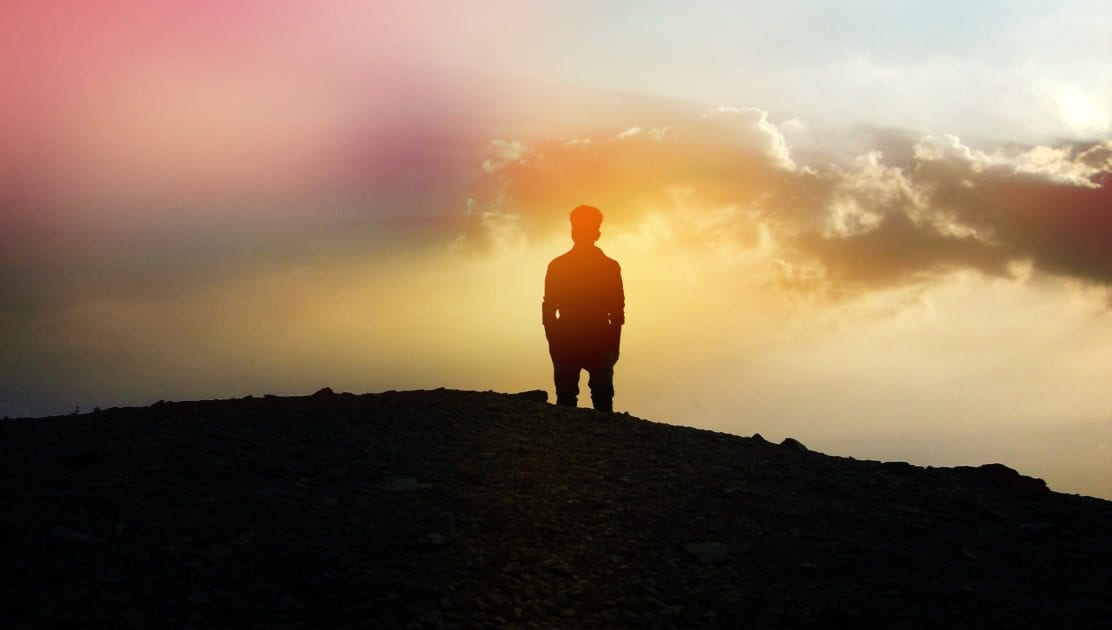Towards Queer Freedom and Awakening
By Larry YangWe do not live in an enlightened world—have you noticed?
Sometimes just when we seem to be progressing forward, and we find ourselves falling further behind than ever. Our current world and larger culture seem to becoming more, rather than less, oppressive—despite the gains in equity and rights that our communities have so arduously achieved. With racism, homophobia, misogyny, and sexism valued norms at the highest levels of our newly elected government, the world is giving our communities messages, both explicitly harsh and insidiously subtle, for us to be someone who we are not, to do things to which we do not feel aligned, to think and feel in ways that do not make sense to us—and in many ways, to cause harm to ourselves and to others.
Our lives as LGBTIQ folks sometimes evoke passive indifference, dismissal, or stereotyping of our lives, our relationships, and our needs—and at worst, can spark the vitriolic shadow of aggressive hostility and life-threatening violence that still is present from the bullying in our school yards, to the hateful rhetoric of our political playgrounds, to state intervention upon people being able to perform intimate bodily functions in the privacy of a bathroom stall.
This is the personal and collective unconsciousness that we transform every moment that we, as LGBTIQ-identified folks, live with authenticity and a deep knowing of who we truly are. Each moment that we are mindful and openly accepting of who we are—we live a life different than that is proclaimed by the false prophetic messages which seek to portray a unequal, unjust society as a wise and beneficial one. This is what is called in the teachings of the Buddha, “going upstream”—living our lives fully and totally, in spite of the unconsciousness that surrounds us.
The transformative power of the Buddha’s teachings guides us to live in this present moment—meeting this very moment of our lives with kindness, compassion, and openness. This gentle acceptance is a complete acceptance—not just of this present moment, but also of whom we are in this moment. Meeting the present moment as it is with loving attention, is one and the same as meeting the person whom we are with that same kindness. Our direct life experience is an integral part of this present moment of life. We are indivisible from life. We are the very expression of life. And we are an integral part of this web of life, even if we are told otherwise by others who would judge us or by judgments of ourselves that deny an aspect of our true nature.
What is our “true nature?” I have found that experiencing our “true nature” is not so much a marker of our spiritual progress, or an answer that we are expected to have in order to achieve freedom or enlightenment. Rather, the insight of our “true nature” emerges from the gentle yet persistent exploration of the questions “Who am I?” and “Who are we?” in this current life experience. And there is nothing outside of this exploration, including our sexualities, our gender identities, and our orientations. The path towards freedom is not going around the experience of identity or transcending the experience of identity, but through the experience of identity—and however that identity manifests for us is a deeply worthy exploration.
Of what benefit is this practice of completely accepting who we are? The benefit is a deeper and deeper knowing that regardless of what other people think, do, or say to us—we are fully human, we are fully entitled to all of our human rights, and we are fully entitled to all of our humanity. As this becomes unshakable in our direct experience, there is a freedom in knowing who we are and how connected we are to this life and all of our lives. This freedom is independent of any external circumstances—politically, socially, or culturally.
That freedom is what our spiritual practice can bring to our experience as LGBTIQ communities in the larger world. In this new political era, there will likely be escalating polarities in an already hostile cultural discourse with combative actions to eviscerate recent gains in queer civil rights. There are already challenging portents with the political and sanctimonious (and unfortunately historically familiar) rants that are equating the LGBTIQ experience to Satan and evil. Taking the time and space to remember (a quality of mindfulness) who we really are, regardless of the messages that are thrown at us, will assist and support our communities with an unshakeable foundation of internal fortitude in resisting and working against the torrential stream of any form of oppression.
It is more and more clear that our dharma practice is necessarily not just a personal practice concerned about our personal transformation into awakening or enlightenment. We are called to bring the force of transformation into our collective experience which the Buddha named as sangha and community. This force of raising collective consciousness, of awakening our world—can be referred to as our ongoing capacity to civilize our humanity—to continue to create non-harm, integrity, and goodness in ever expanding ways.
Margaret Wheatley has said that “There is no power for change greater than a community discovering what it cares about.” Discover for yourself what our diverse communities deeply care about in this lifetime, in the midst of a larger dominant culture that often does not care or respect our communities.
Larry Yang teaches meditation retreats nationally and has a deep interest in creating access to teachings of spiritual liberation for diverse communities. Larry is a core teacher and leader of the East Bay Meditation Center in Oakland—a center dedicated to create accessibility to the Buddha’s Teachings for multicultural communities.
Image courtesy of unsplash.com
